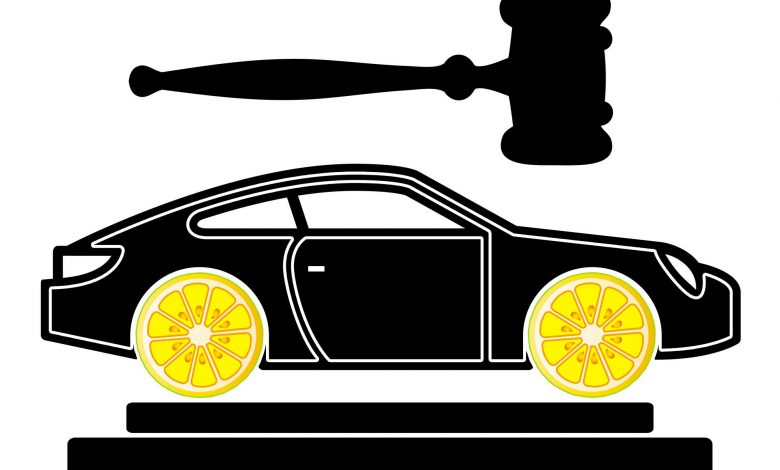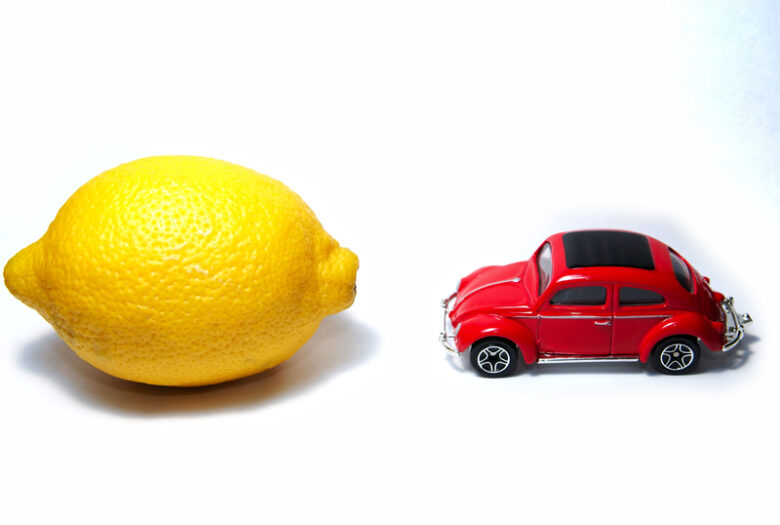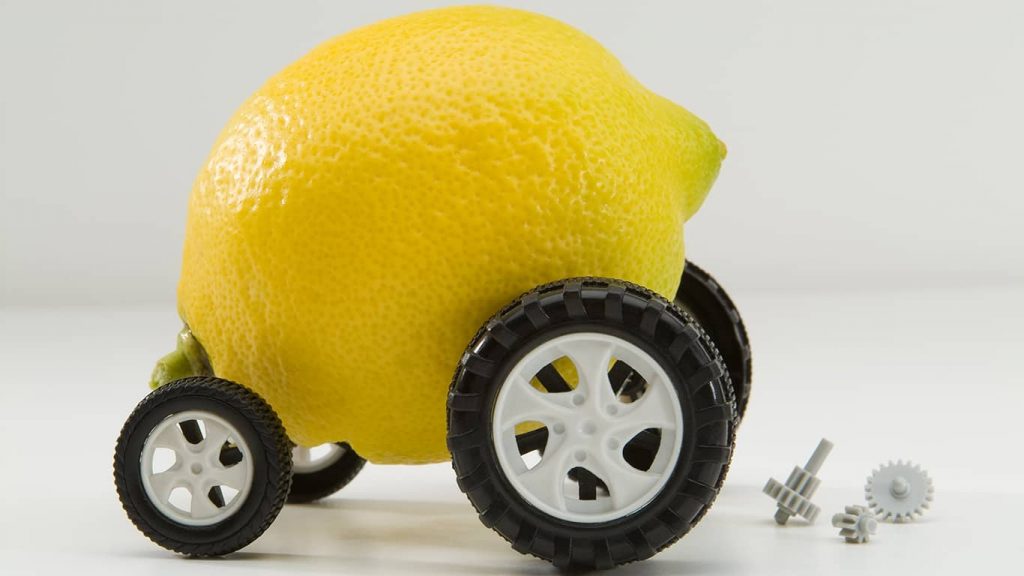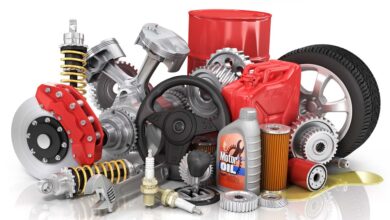
Lemon Law Rules in California – 2024 Guide
Opening Word
Law comes in a great variety of different practices and streams and for an average person, it can be overwhelming to track them all and understand the differences. Even if we separate it into bigger parts and take, for example, law and regulations surrounding vehicles, it can be quite tricky to get the hang of it all and understand what needs to be done. In an effort to help those in need we decided to examine the lemon law rules in the USA, particularly in the state of California. What is lemon law we hear you ask, and what do lemons have to do with vehicles, let alone an entire law? Worry not as all will be revealed to you in the following sections. In the meantime, if you wish to learn more about this or if you are currently dealing with issues of this nature, make sure to check out Quill & Arrow LLP.
Vehicles and Lemons

Before we move on and talk about the actual law, let us get one crucial thing out of the way. In vehicular law terminology, a “lemon” is a vehicle, most often a car, a truck, or a motorcycle, that has failed to meet the performance and quality requirements and standards of several types. These are deemed defective and the owners have to seek additional help in order to commit to the traffic laws. The law offers certain remedies that exceed the warranty a manufacturer may offer and while some of the repairs may are covered, the time span during which it can be done is not always convenient and the repair cannot be completed on time.
In California, this law protects the consumers from having to spend time and resources to fix the problems of their vehicles that prevent them from meeting the quality and performance standards and be road legal. The most important thing on everyone’s mind there is whether or not their own car is considered a lemon. Is my car a lemon and what should I do if it is? Millions of Californians ask themselves this simple question every year. Keep reading if you want to know more about how to tell if your car is a lemon and what to do if it is.
Can I Make Lemonade?

Determining if your car is defective enough to be considered a lemon is highly based on facts and circumstances. It depends on the car and the owner and what took place in terms of repairs and maintenance. The court evaluates a vehicle as lemon-based on a case-by-case basis and it varies from vehicle to vehicle. There exist certain circumstances under which a rebuttable presumption may be in order.
For example, if there have been at least four (or two with possible death or serious injury) repair attempts, all of which have failed, if the vehicle has been under repair for a total of 30 days, or if the warranty covers the defect in question, the driver may be entitled to a said presumption. In a real-life example, lets us take a driver who has a new car that has a problem with the breaks. They took it to the repair shop two times and the problem persists.
The breaks still do not work properly but the manufacturer claims that they cannot fix find the problem and therefore fix it. Your new car has already spent a total of 30 days under repairs. If this is the case, you meet the presumption requirements and can take further action, an example of which could be to pressure the manufacturer to reconsider their ability to fix the breaks.
Sunshine and Lemons

The aforementioned examples are all present in California under the lemon law there. What is more, there are certain compensations for vehicle-related losses involved too. If you are entitled to some sort of compensation under the regulations, the manufacturer will provide a replacement vehicle for your defective one, or you can choose a full refund and reimbursement. The compensations may include anything from the cost of repairs, monthly payments, taxes, and attorney fees, and other scenarios and expenses.
Now that you know a lot about the state of lemon law in the USA and in Cali, let us talk about the key parts this American state has for it. First of all, the manufacturer must repair the vehicle in question within a reasonable and fair amount of tests, and what is reasonable for one car may not be so for another. Next, the manufacturer has to pay the attorney costs of the customer as well as to provide access to facilities where the customer can have the vehicle repaired if it has been under repair for at least 30 days. Offering the customer a replacement vehicle that is a similar model is possible if there are no exact same vehicles available. Money-back and loan balance payoff also exist.
Remedies
Used vehicles are covered exactly like the brand new cars, trucks, and motorcycles, but only in the case when enough repairs were tried. Furthermore, the law applies to both full purchases and leased cars. Those purchased through private parties do not meet the lemon law requirements. Pursuing the rights in state court and with a jury is available immediately since Californians do not have to arbitrate claims against automakers. If you have a business vehicle that seems to be causing you the kind of trouble to make you deal with the lemon law in the Sunshine State, know that if it your business does not register more than 5 vehicles and if its weight is under 10,000 pounds, it is perfectly fine and available for evaluation.
Conclusion and Takeaways

Talking about any type of law seems too complicated on paper but with the right help on your side you will surely come out on top. If you are experiencing issues with a vehicle while the warranty is in effect and you cannot seem to fix it despite trying time and time again, you may be in luck as the lemon in your hands may result in compensation on top of your refund or a brand new replacement that works fine. Whatever the case may be, you should be fine if you have done all the things on your side.




